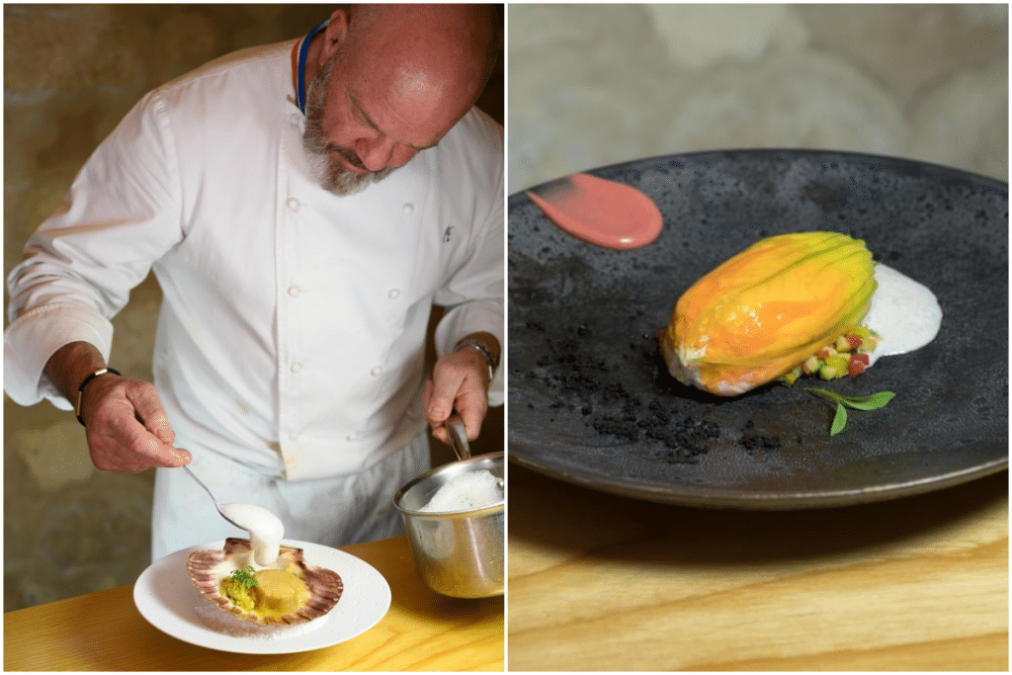Gastronomic translation

Gastronomy includes all knowledge and practices related to food and cuisine, as well as the quality and preparation of ingredients. Practices can be completely different from one culture to another, depending on the country and even social classes. Since it involves a certain degree of creativity, for example in order to invent recipes, select ingredients or the presentation of a dish, some consider it to be a true art. French gastronomy, for example, is listed in the UNESCO Intangible Cultural Heritage of Humanity. Moreover, it is also a form of science because of all the knowledge and precision required. Experts in this field, called “chefs”, run their own establishments and teams to share their knowledge with consumers.
Gastronomic translation is a very specific type of translation that requires translators specialised in the field. It targets a specific audience, consisting of consumers from all types of restaurants, breweries, and any professional food shop owner. The aim is to relay the message by adapting cultural elements, history and of course language.
The number of gastronomic translations has been increasing in recent years for several reasons. One of the main ones is the rising numbers reached in international tourism. Discovering a country is not only about admiring its landscapes and visiting its monuments, it is also about immersing oneself in its culture, including its gastronomy. Visitors from all around the world wish to access these elements, even if they don’t speak the country’s language. As a result, gastronomic establishment or restaurant owners need to adapt their services, for example, by providing translated menus available in several languages, to make every meal accessible to customers. This mainly affects restaurants in famous tourist cities.
International orders in the gastronomy sector can also be mentioned. A good example of this is the world renowned wine industry. This is why, local producers translate their wine menus in order to make them more accessible to international customers.
Similarly, food wholesalers or producers exporting their products must offer a translated catalogue, mostly for the description of their products.
Lastly, in the gastronomic translation field, another example is the translation of cookbooks, sold easily around the world. These can be classic cookbooks, but also collections of nationa, regional recipes and local specialities. Many culinary magazines can also be added to the list of translating material, critics’ columns, or experts’ articles such as the Michelin Guide etc.
Therefore, the role of translators specialising in this field is essential in order to enable access to everyone wishing to discover gastronomy from all countries and cultures, thus, overcoming the language barrier.
HOW CAN LINGUATRANS HELP YOU?
At LinguaTrans, we are aware of the specific nature of this type of translation, since the translator must have detailed knowledge of the products referred to, and take into account the cultural references, the different appellations and specific notions, the material, methods, etc. They must also be familiar with the marketing aspect of selling these products, especially relevant for menus and catalogues, even more so when the word and description are so essential. That is why we have the most qualified experts in Gastronomic translation, in order to ensure the best quality service.
Feel free to contact us if you need any information. You can also check our rates or ask for a free quote without obligation.
